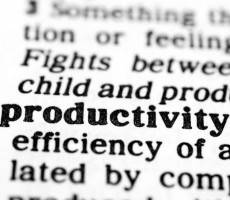July 5, 2016
Managers responsible for promoting engagement distrust employers 0
 They may be responsible for upholding their company’s corporate values and ensuring employee engagement, but HR and line managers lack confidence and faith in their employers. According to a survey by Cornerstone OnDemand almost a third (29 percent) of HR and line managers are not proud of their workplace nor do they recommend it. Managers in the Nordics (88 percent), Austria (84 percent), and Spain (81 percent) are the most satisfied with their places of work, whereas Italy (59 percent) and Switzerland (64 percent) are the least proud of their companies and the least willing to recommend it to others. Meanwhile, managers in the UK are struggling with this lack of positivity towards their own company, with only 37 percent agreeing that their company is an attractive employer. The survey also found that the greatest influences on ‘happiness’ in the workplace were revealed to involve career flexibility and technology.
They may be responsible for upholding their company’s corporate values and ensuring employee engagement, but HR and line managers lack confidence and faith in their employers. According to a survey by Cornerstone OnDemand almost a third (29 percent) of HR and line managers are not proud of their workplace nor do they recommend it. Managers in the Nordics (88 percent), Austria (84 percent), and Spain (81 percent) are the most satisfied with their places of work, whereas Italy (59 percent) and Switzerland (64 percent) are the least proud of their companies and the least willing to recommend it to others. Meanwhile, managers in the UK are struggling with this lack of positivity towards their own company, with only 37 percent agreeing that their company is an attractive employer. The survey also found that the greatest influences on ‘happiness’ in the workplace were revealed to involve career flexibility and technology.


































July 5, 2016
LBGT inclusion in the workplace relies on FM and HR best practice 0
by Peter Holmes • Comment, Facilities management, Wellbeing, Workplace, Workplace design
More →